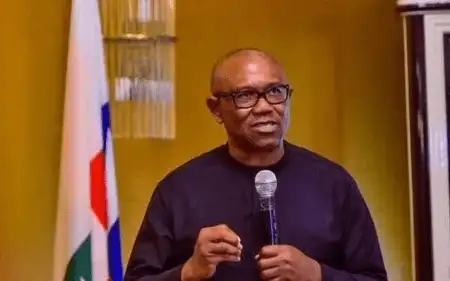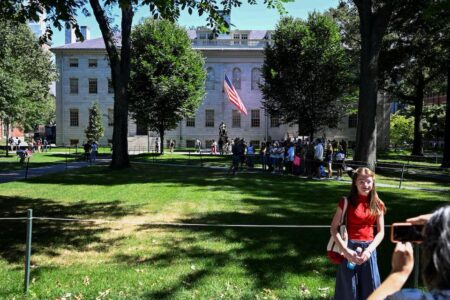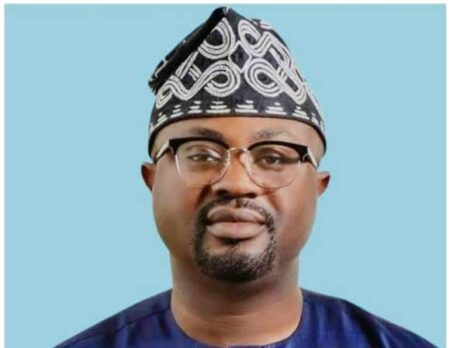Dangote Petroleum Refinery has announced a further reduction in the gantry price of Premium Motor Spirit (PMS), commonly known as…
Browsing: Picks
Despite numerous warnings from financial authorities and experts, Nigerians continue to fall prey to Ponzi schemes promising unrealistic returns. From…
Former presidential candidate of the Labour Party, Peter Obi, has called on President Bola Tinubu to immediately suspend his ongoing…
The United States of America President Donald Trump has threatened to strip Harvard of its tax-exempt status on Tuesday. He…
Australian politicians received about a$245,000 ($147,000) in match tickets from major sporting leagues over two years by the country’s most…
Prime Minister Narendra Modi’s bid to transform India into a global factory floor has produced billions of dollars of low-cost…
The Economic and Financial Crimes Commission (EFCC) has launched a full-scale investigation into the collapse of CryptoBank Exchange (CBEX), a…
Former Kaduna State governor, Nasir el-Rufai, has launched a scathing critique of President Bola Tinubu’s administration, describing it as the…
On Tuesday, April 15, 2025, Nigeria’s unofficial currency market continued to experience fluctuations in the value of the naira, largely…
To mark the Easter Day celebration for Christian believers, the Federal Government (FG), while urging Nigerians to pray for peace…











